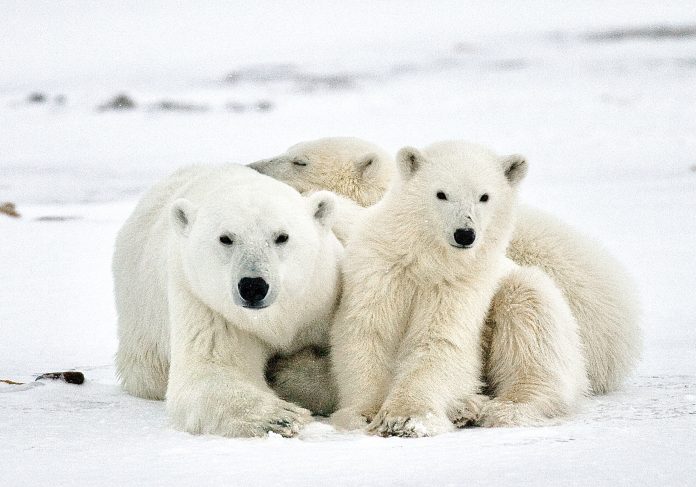135 groups recently called on president-elect Joe Biden to take immediate action to confront the rapid extinction of wildlife by signing an executive order to halt the global extinction crisis and restore wildlife.
The order illustrates how Biden can take bold, aggressive action to save endangered species without the involvement of Congress. The United States could be positioned as a leader in the fight to combat extinction, protect public lands and waters, curtail the international wildlife trade, and restore abundant wildlife populations across the nation.
The latest assessment by the International Union for the Conservation of Nature (IUCN) found that 27% of evaluated species of plants and animals around the globe are threatened with extinction. Last year, the Intergovernmental Science-Policy Platform on Biodiversity and Ecosystem Services (IPBES) warned that one million species are at risk of extinction in the coming decades. Now, due to the COVID-19 pandemic, trafficking and exploitation of wildlife could give rise to new and deadly zoonotic diseases if allowed to continue unchecked.
By signing the proposed executive order, president-elect Biden would launch the following key actions:
-
Declare that the extinction crisis is a national emergency, which would give Biden increased latitude under the National Emergencies Act to take action without approval from Congress.
-
Create 175 new national monuments, national wildlife refuges, and national marine sanctuaries so that 30% of U.S. lands and waters are conserved by 2030 and 50% by 2050.
-
Aggressively recover imperiled species by protecting all species that warrant it under the Endangered Species Act, and institute a broad review by all federal agencies of any actions that might harm threatened wildlife and plants. Federal agencies would also be directed to fully integrate climate change into the conservation and recovery of endangered species.
-
Crack down on the global wildlife trade by imposing sanctions on any nation that fails to adequately address illegal wildlife trade or deforestation.



